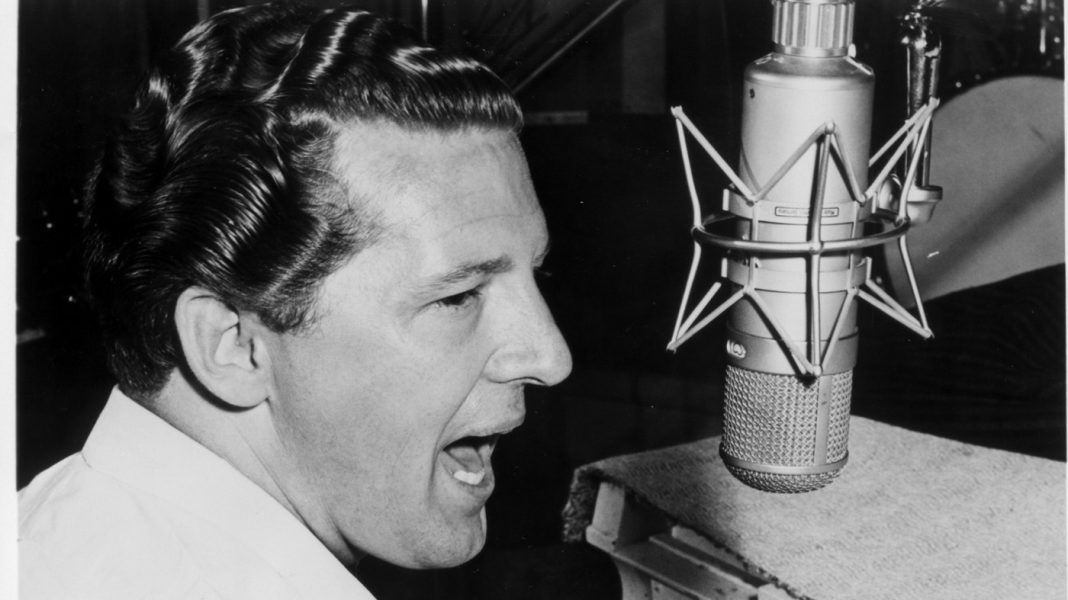
Las Vegas, NV — Jerry Lewis, the comedian, and filmmaker who was adored by many, disdained by others, but unquestionably a defining figure of American entertainment in the 20th century, died on Sunday morning at his home in Las Vegas. He was 91. He was an American singer-songwriter, musician, and pianist, often known by his nickname, The Killer. He has been described as “rock & roll’s first great wild man.
For most of his career, Lewis was a complicated and sometimes polarizing figure. An undeniable comedic genius, he pursued a singular vision and commanded a rare amount of creative control over his work with Paramount Pictures and other studios. His legacy also includes more than $2.5 billion raised for the Muscular Dystrophy Association through the annual Labor Day telethon that he made an end-of-summer ritual for decades until he was relieved of the hosting job in 2011.
The high regard in which his comic abilities were held in France — he received the Legion of Honor award in 1983 — became a running joke in the U.S. long after Lewis’ style of broad physical comedy fell out of fashion. His final film, “Max Rose,” screened at France’s Cannes Film Festival in 2013.
Lewis’s turbulent personal life was hidden from the public until a May 1958 British tour where Ray Berry, a news agency reporter at London’s Heathrow Airport (the only journalist present), learned about Lewis’s third wife, Myra Gale Brown. She was Lewis’s first cousin once removed and was only 13 years old at the time. (Brown, Lewis, and his management all insisted that she was 15.) Lewis was 22 years old. The publicity caused an uproar and the tour was canceled after only three concerts.
The telethon, like other aspects of Lewis’ life, was beset by controversy. The comic’s offstage persona was anything but humorous. He was, by his own admission, an impatient man, and over the years battled numerous illnesses and a prescription drug dependency. His parting with Martin in 1956 after 10 years as a duo was acrimonious. And the telethons were awash in claims that there was a disparity between the money pledged and the money collected.
He began to battle health problems. Severe back pain led to more than a decade of Percodan addiction. After a massive heart attack in 1982, Mr. Lewis was pronounced clinically dead. He later underwent open-heart surgery and at various times suffered from prostate cancer, pulmonary fibrosis, diabetes, and arthritis.






